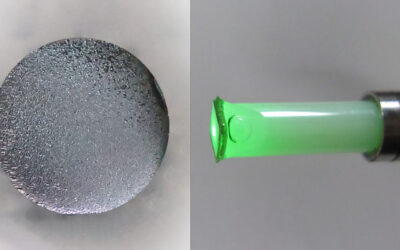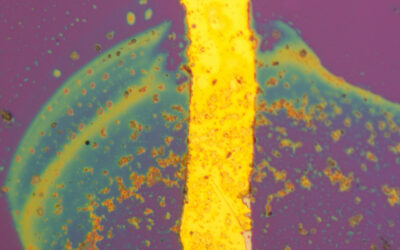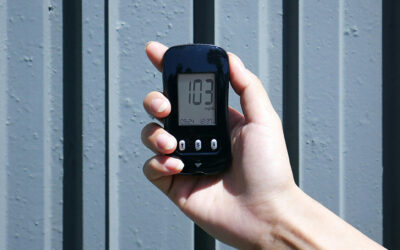Getting enough quality sleep can help protect people against stress, infections and multiple diseases, according to the National Institutes of Health. Yet most people do not get enough sleep—or the right kind.
Some manufactures of smart mattresses claim the products can sense movement and infer sleep posture; they do not provide detailed information to the sleeper and are not portable for travel. Although commercially available electronic wristbands give information about heart rate and monitor sleep quality, there has not been anything that consumers can use to monitor posture, respiratory, and cardiac signals when slumbering.
At the 257th National Meeting & Exposition of the American Chemical Society (ACS) in Orlando, FL, Trisha L. Andrew, Ph.D. and her team at the University of Massachusetts reported that they have recently developed a proof of concept smart apparel with embedded self-powered sensors to monitor human behavior during sleep.
The key to this smart pajamas (Phyjama) is a process called reactive vapor deposition. They synthesized and simultaneously deposited a polymer directly on the fabric in the vapor phase to form various electronic components and ultimately integrated sensors.
The garment includes two types of self-powered sensors that can detect “ballistic movements” or pressure changes. The team has tested the garment on volunteers and validated the readings from the sensors independently. They have also applied for patents on the Phyjama.
The team is currently working on extending the technology to wearable electronic sensors that detect gait and send feedback to a monitor to help prevent falls. This application could find use in settings such as nursing homes and retirement centers.

















